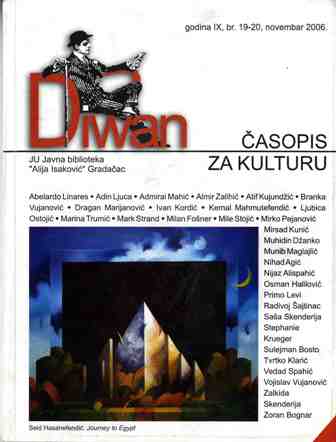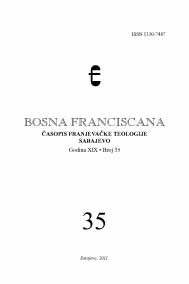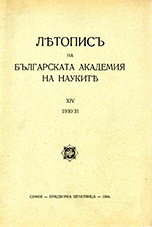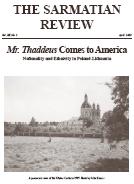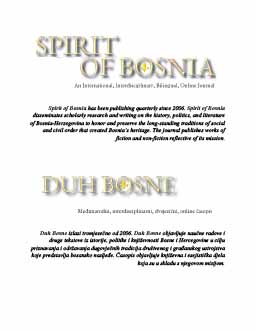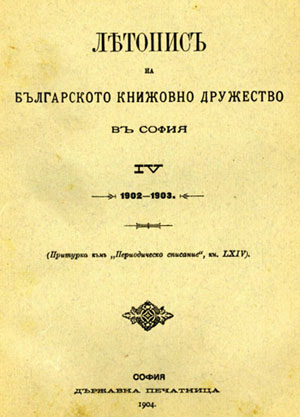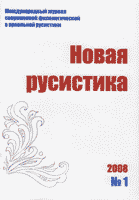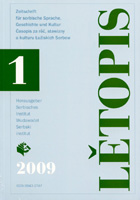
Анализ использования серболужицких параллелей в Этимологическом словаре белорусского языка
The author analyses the way in which Upper and Lower Sorbian lexical, semantic and morphological parallels are treated in the Etymological Dictionary of the White Russian Language (Minsk 1978 etc.). Since these connections are not presented logically in the above-mentioned dictionary, she regards it as a relevant and worthwhile task, to search both in the index of the etymological dictionary itself as well as to go beyond it and look systematically for possible Sorbian-White Russian linguistic correspondences. On the basis of the Sorbian material discovered she suggests new etymological interpretations for a number of White Russian lexemes.
More...

